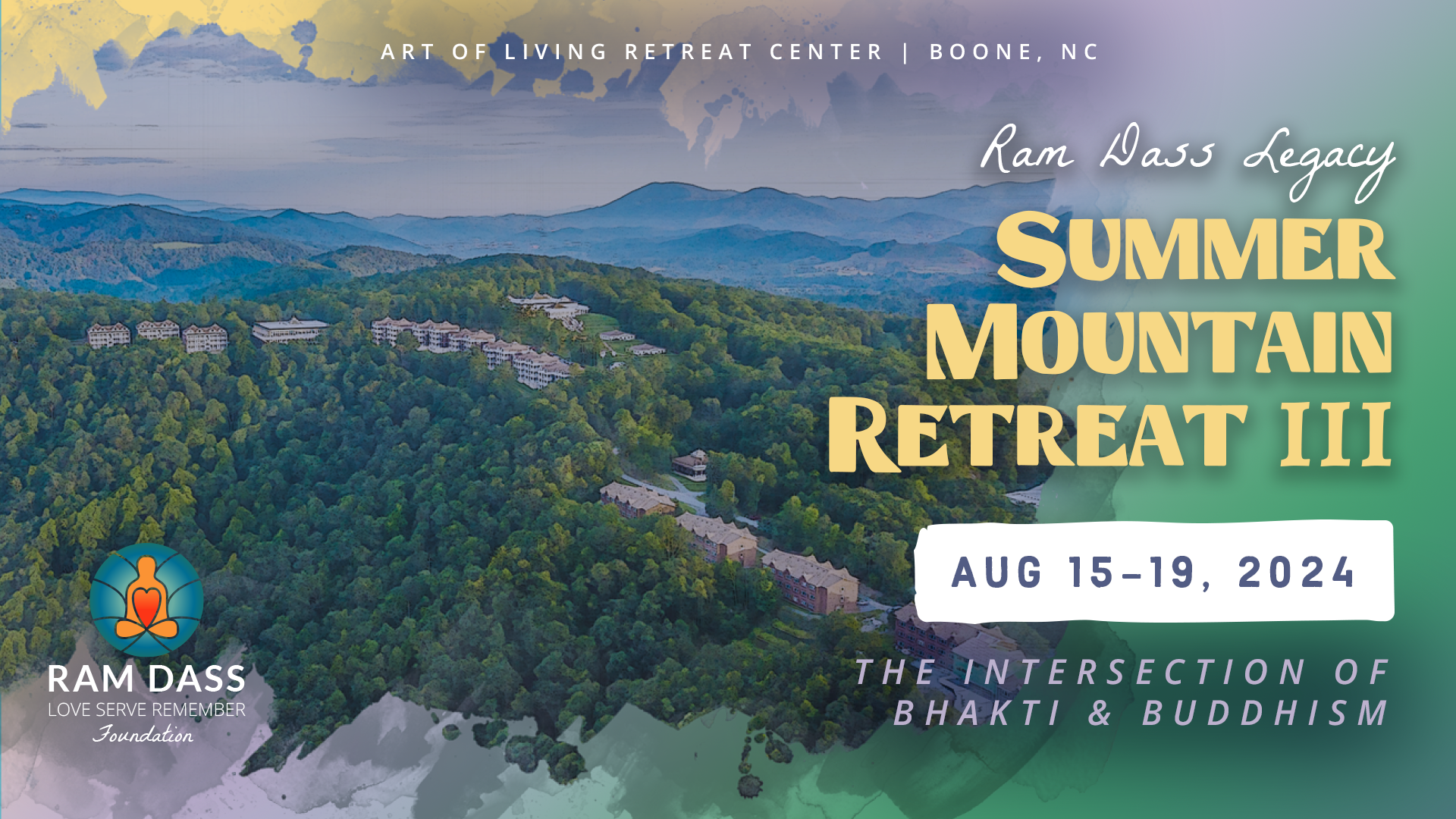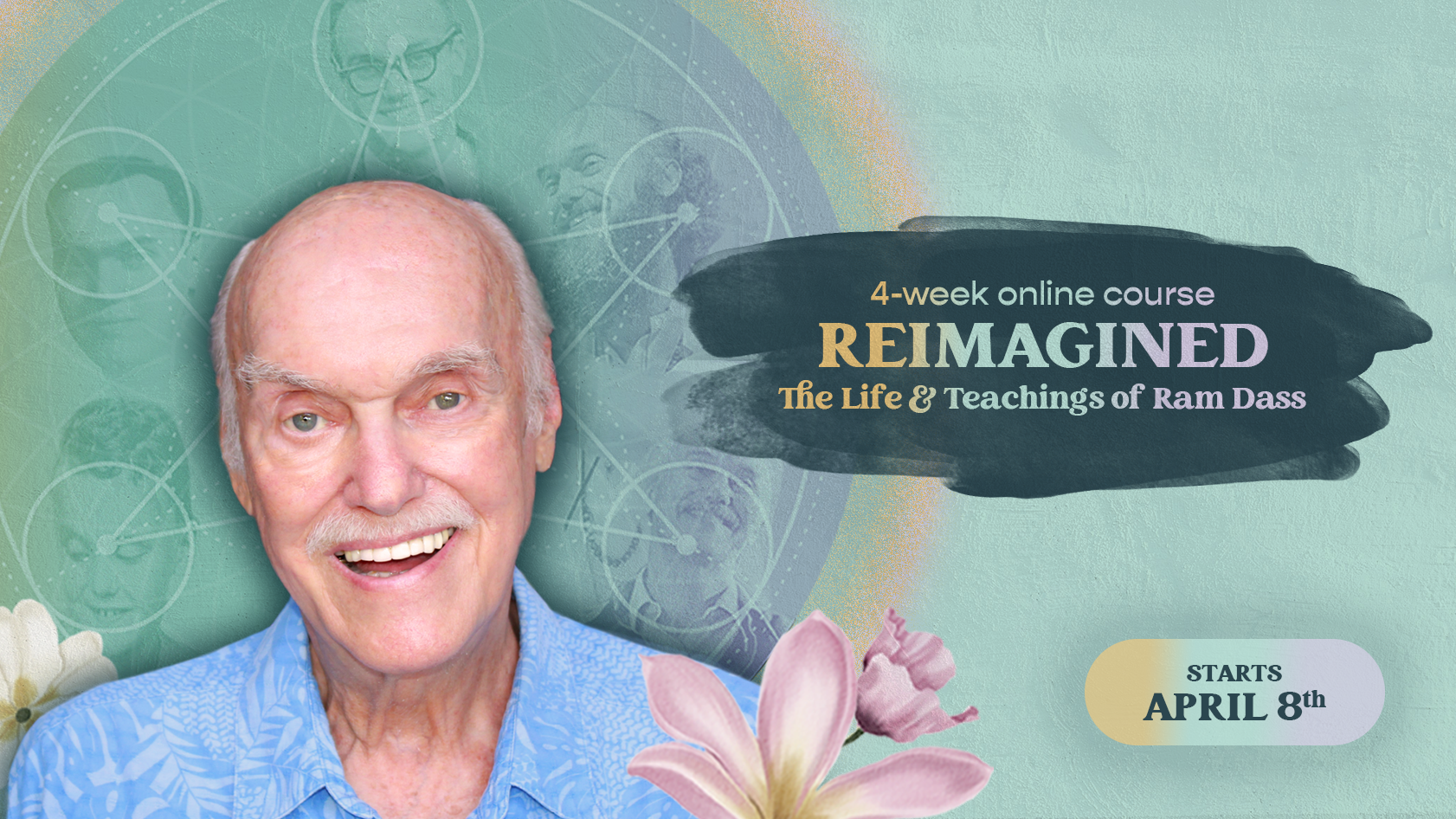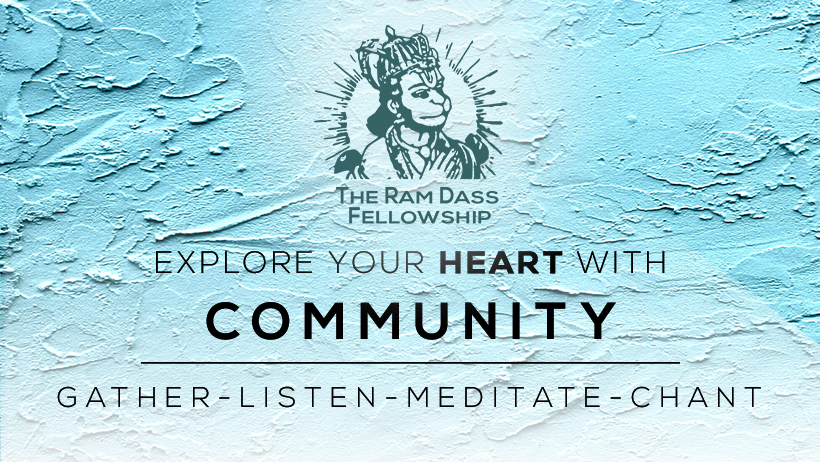When the flower blooms, the bees come uninvited.
—RAMAKRISHNA
We came to Maharajji’s feet, impelled by our yearning for the living spirit and drawn by his light. We came from Europe and Great Britain, the United States and Canada, Australia and South America. As Herman Hesse said of the fellow travelers in his Journey to the East, each had his or her own special reason for making the journey but all also shared a common goal. We came with our varying hues of cynicism and faith, open or closed heartedness, sensuality or asceticism, intellectual arrogance or humility. To each, Maharajji responded uniquely: now fiercely, now tenderly; now through ignoring us or sending us away, now through making much over us; now through reading the mind and heart; now through playing dumb. He did what was necessary to quiet the mind and open the heart so that the thirst that had drawn us all to him could be slaked.
I was traveling with a young Western fellow in India. We had come to the mountains in a Land Rover I had borrowed from a friend, in order to find this fellow’s guru to get some help with his visa problem. I was in a bad mood, having smoked too much hashish, been in India “too long,” and not particularly wanting to visit a “guru” anyway.
We stopped at this temple and he asked where the guru was. The Indians who had gathered around the car pointed to a nearby hill. In a moment he was out of the car and running up the hill. They were following him and appeared delighted to be able to see the guru. I got out of the car. Now I was additionally upset because everybody was ignoring me. I ran after them, barefoot, up this rocky path, stumbling all the way. I didn’t want to see the guru anyway and what the hell was this all about?
Around a bend of the path I came to a field overlooking a valley, and in the field under a tree sat a man in his sixties or seventies with a blanket around him. Surrounding him were eight or nine Indians. I was aware of the beautiful tableau—the group, the clouds, the green valley, the visual purity of the foothills of the Himalayas.
My traveling companion ran to this man and threw himself on the ground, doing dunda pranam (full-length prostration). He was crying and the man was patting him on the head. I was more and more confused.
I stood to the side, thinking, “I’m not going to touch his feet. I don’t have to. I’m not required to do that.” Every now and then this man looked up at me and twinkled a little. His glances just made me more uncomfortable.
Then he looked at me and started speaking in Hindi, of which I understood very little. Another man, however, was translating. I heard him ask my friend, “You have a picture of Maharajji?”
My friend nodded, “Yes.”
“Give it to him,” said the man in the blanket, pointing at me.
“That’s very nice,” I thought, “giving me a picture of himself,” and I smiled and nodded appreciatively. But I was still not going to touch his feet.
Then he said, “You came in a big car?”
“Yes.” (I hadn’t wanted to borrow the car in the first place, not wanting the responsibility, so the car was a source of irritation for me.)
He looked at me, smiling, and said, “You will give it to me?”
I started to say, “Wha . . .” but my friend looked up from the ground where he was still lying and said, “Maharajji, if you want it, you can have it. It’s yours.”
And I said, “No, now wait a minute. You can’t give away David’s car like that.” The old man was laughing.
In fact, everyone was laughing—except me.
Then he said, “You made much money in America?”
I reviewed all my years as a professor and smuggler and very proudly said,
“Yes.”
“How much did you make?”
“Well,” I said, “at one time”—and I sort of upped the figure a bit further to inflate my ego—“twenty-five thousand dollars.”
The group converted that into rupees, and everybody was awed by this figure. All of this was of course bragging on my part. I had never made twenty five thousand dollars. And he laughed again and said, “You’ll buy a car like that for me?”
I remember what went through my mind at that moment. Although I had come from a family of Jewish fund-raisers, I had never seen such hustling as this. “He doesn’t even know my name and already he wants a seven-thousand dollar vehicle,” I thought.
“Well, maybe . . .” I said. The whole thing was by now upsetting me very much.
And he said, “Take them away and give them food.” And so we were given magnificent food, and then we were told to rest. Sometime later we were back with Maharajji and he said to me, “Come here. Sit.” So I sat down facing him and he looked at me and said, “You were out under the stars last night.” (This, of course, was the English translation of what he said.)
“Um-hum.”
“You were thinking about your mother.”
“Yes.” (The previous night a few hundred miles away I had gone outside during the night to go to the bathroom. The stars had been very bright and I had remained outside, feeling very close to the cosmos. At that time I had suddenly experienced the presence of my mother, who had died nine months previously of a spleen condition. It was a very powerful moment, and I had told no one about it.)
“She died last year.”
“Um-hum.”
“She got very big in the stomach before she died.”
Pause . . . “Yes.”
He leaned back and closed his eyes and said (in English), “Spleen, she died of spleen.”
What happened to me at that moment I can’t really put into words. He looked at me in a certain way and two things happened. They do not seem like cause and effect, but rather appeared to be simultaneous.
My mind began to race faster and faster to try to get leverage—to get a hold on what he had just done. I went through every super-CIA paranoia I’d ever had: “Who is he? Who does he represent? Where’s the button he pushes to make the fie appear? Why have they brought me here?” None of it would jell.
It was just too impossible that this could have happened this way. My traveling companion didn’t know about any of the things Maharajji was saying, and I was a tourist in a car. The whole thing was just inexplicable. My mind went faster and faster.
Until then I had had two models for psychic experiences. One was: “Well it happened to somebody else, and it’s very interesting and we certainly must keep an open mind about these things.” That was my social-science approach. The other one was: “Well, I’m high on LSD. Who knows how it really is?” After all, I had had experiences under the influence of chemicals in which I had created whole environments.
But neither of these categories applied to this situation, and as my mind went faster I felt like a computer that has been fed an insoluble problem—the bell rings and the red light goes on and the machine stops. My mind just gave up. It burned out its circuitry, its zeal to have an explanation. I needed something to get closure at the rational level and there wasn’t anything.
At the same moment I felt this extremely violent pain in my chest and a tremendous wrenching feeling, and I started to cry. I cried and cried and cried, but I was neither happy nor sad. It was a kind of crying I had not experienced before. The only thing I could say about it was it felt as if I had finished something. The journey was over. I had come home.
– Ram Dass











❤️
Very moving account of a fairly sceptical person who is drawn into the aura of the Guru who is going to turn him into a seeker and put him in touch with his real identity.
❤ embracing the grace moment coming home . Thank you maharajji for the no filter love.